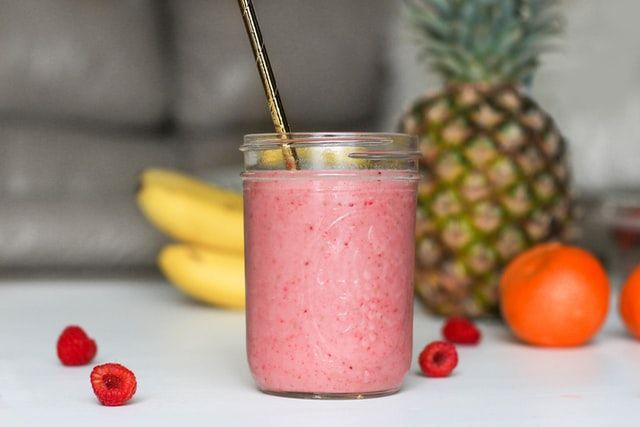Ever wondered why cold-pressed juices are comparatively more expensive than other juices? This is primarily because cold pressing is a time-consuming process that extracts a higher level of nutrition from raw fruits and vegetables compared to other juicing methods. To help you learn more about this process, continue reading through this blog by our team at Natural Foods + Juice Caboose.
Cold Pressing 101
Cold pressing is a way of making juices by using a hydraulic pressing machine. This machine applies a high amount of pressure to extract juices from specific fruits and veggies. Since the process does not use any heat to extract the juice, not many nutrients are lost. Unlike traditional juicing machines, cold pressing is a much healthier form of consuming vegetables and fruits. At Natural Foods + Juice Caboose, we strongly advocate for cold-pressed juices made with fresh, organic, and nutritious ingredients.
Benefits of Cold Pressed Juices
The nutritional benefits of a juice made with a cold press machine outweigh those from a regular juicer. This is because traditional juicers merely separate the water content from the food item. On the other hand, a cold-pressed machine will extract maximum nutrition from it. For this reason alone, cold-pressed juices require large amounts of fruits and vegetables. For instance, a 500ml bottle of cold-pressed juice will have approximately a kilo worth of produce. Additionally, cold-pressed juices are a great way for people with busy schedules to get their daily dose of fruits and vegetables.
How Long Can Cold Pressed Juices Last
A cold-pressed juice from a local and reputable juice bar can easily last between three to five days. Sometimes the juices can last longer. However, they will start losing their nutritional value every day. For instance, after the first day, a cold-pressed juice will be approximately 40% less nutritious. Similarly, the shelf life of your cold-pressed juice also depends on the juicer used to make them. For example, a fast juicer will strip the juice of most of its nutrients during the process. Simultaneously, the juice will start losing the remaining nutrients in the first hour.
Fruits and Vegetables That Can Not Be Cold Pressed
There are many health supplements that you can get from a local Natural Grocer for making cold-pressed juices. However, our expert team of juicers advises against using the following vegetables and fruits for cold press juices:
Bananas
Figs
Berries
Eggplants
Rhubarb
Additionally, there are some veggies and fruits that are relatively difficult to cold press, but you can give them a try:
Avocados
Peaches
Mangos
Winter squash
Papaya
Conclusion Paragraph
Making juices through a cold-pressing machine can be time-consuming but ultimately very satisfying. You will find that drinking cold-pressed juices on an empty stomach can be very good for your overall health. This is because An empty stomach can better absorb the nutrients from the juice. For more information about cold-pressed juices, reach out to our team at Natural Foods + Juice Caboose. Simultaneously, you can also visit our juice bars at our locations in Kettering, OH, or Dayton.

